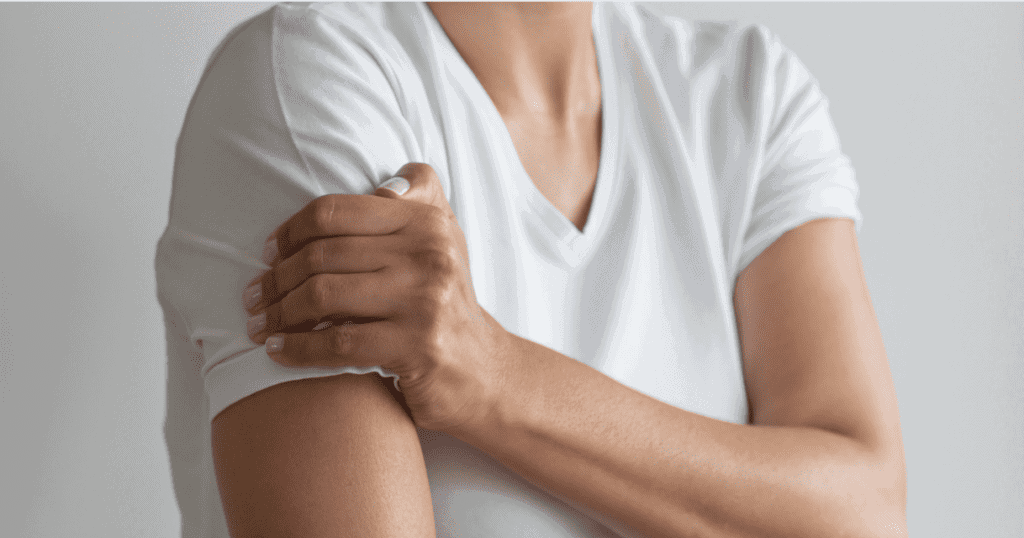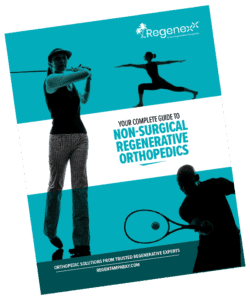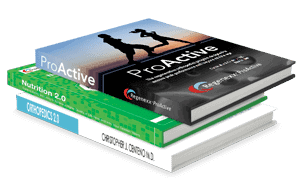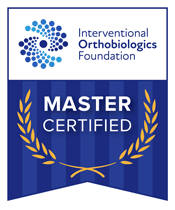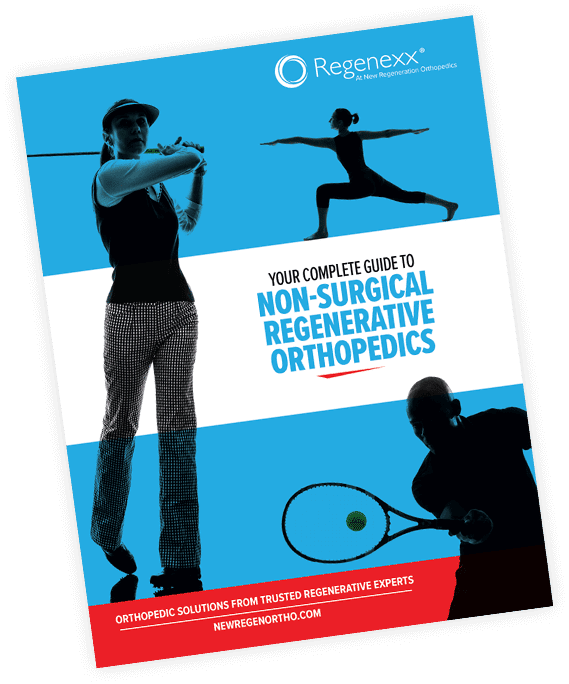Should You be Concerned About Shoulder Clicking?
Many patients who come into our practice for shoulder pain or issues report having clicking symptoms in the shoulder. This is also followed with the question of, “is it ok if my shoulder makes this crunching sound?”
The short answer is: No.
Any crunching or clicking sounds in your shoulder can indicate problems in your mechanics or within the structures of your shoulder. Times people typically feel crunching, clicking, popping and grinding in their shoulder are in ranges of motion overhead or in a big arm circle to name a few. Some people also report them during functional activities like reaching behind them in the car. Other people report the popping and clicking happening in a sport-specific movement, like a bench press, for example.
Popping and Clicking is Relatively Popular
When your shoulder makes a popping sound, with or without pain, it may be time to contact your physician. There are a variety of reasons your shoulder may be popping, many of them benign. However, it’s worth your time and good health to check it out.
The physicians at Regenexx at New Regeneration Orthopedics work extensively with orthopedic and sports injuries. They routinely treat a range of shoulder problems, from rotator cuff impingement to labral tears.
From our experience with orthopedic injuries, we have seen the whole range of shoulder pathologies, and associated clicking sounds are very common in our assessments of shoulder issues. Below are six of the most common reasons we see “noisy” shoulders that click or pop in our offices.
Reasons Why Your Shoulder is Clicking
- Shoulder Impingement
Shoulder impingement is when the structures that pass throughout the shoulder’s ball-in-socket and shoulder blade areas get compressed. The structures that can get compressed are the rotator cuff muscles and/or the nerves that power these muscles. Shoulder impingement causes pain and inflammation in the muscle that is compressed, and over time, the mechanics of the shoulder and the shoulder blade are altered to where bones that shouldn’t be touching, start to get closer together and rub. The pop or click or grind could be originating from the long-term change in mechanics leading to and /or causing impingement. Shoulder impingement is often helped tremendously with conservative care like physical therapy, but we also have prolotherapy, platelet rich plasma (PRP) or bone marrow concentrate (BMAC) that can make an impact, depending on what the physician recommends for your unique condition.
- Rotator Cuff Issues
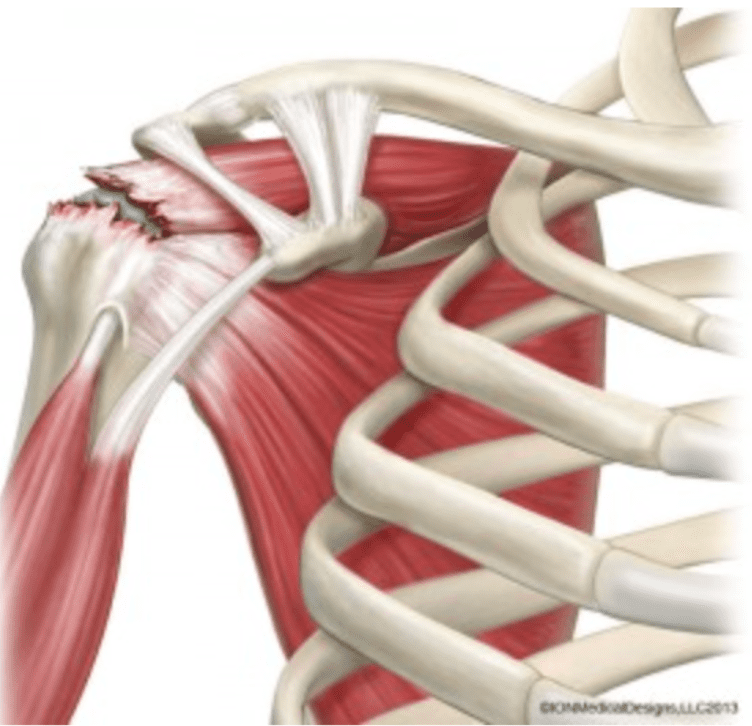
The rotator cuff is a set of four muscles that are responsible for moving the arm bone on the shoulder blade in different directions. These muscles are pretty small, but also get overused and beat up over time from sports, poor mechanics, sleep positions, or chronic poor posture/ergonomics. Either traumatic injury or repetitive stress on the rotator cuff can change the quality of the tendon to the affected muscle. Sometimes the muscle’s tendon can get calcific changes, making it less elastic, and quite literally “crunchy.” This change in the quality of the tendon also weakens it and can lead to partial (or worse) rotator cuff tears. Either the calcific changes of the tendon, or a tendon that has a partial or complete tendon tear is then unable to control the arm’s motion on the shoulder blade and can cause the popping, clicking, grinding sounds. We routinely and successfully address rotator cuff issues in our patients with shoulder pain by using platelet rich plasma (PRP) or bone marrow concentrate (BMAC)
- Labral Tears
One of the most common clinical findings in orthopedic testing for labral tears is, specifically, clicking and popping. Several orthopedic tests we use in our office assess for clicking. When the shoulder is stressed in different angles and positions, if there is a sound elicited in the movement, it can suggest a labral tear. Also, if pain and weakness is found in other orthopedic tests in combination with this “noise,” we can add labral tear to the short list of what could be the issue in the shoulder. Orthopedic testing in the office is a great tool to make educated guesses about what the shoulder pathology might be; however, this can only be confirmed by diagnostic imaging. A Regenexx physician would perform orthopedic tests on your shoulder, paired with a diagnostic ultrasound to assess the possibility of a labral tear, and then if suspected, we also order an MRI to evaluate the integrity of the labrum. Our physicians can treat confirmed shoulder labral tears with PRP or BMAC.
- Scapulothoracic Bursitis
The other terms for this condition is called Snapping Scapula Syndrome because when the shoulder blades moves around the rib cage, it makes a snapping sound. This snapping comes from a the bursa underneath the shoulder blade. The bursa is a fluid-filled sac, and they happen in various areas of the body where their function is to create a cushion and/or decrease friction. However, sometimes these sacs will get irritated and become inflamed, leading to pain and weakness and a snapping sensation. At Regenexx, we can treat the inflamed bursa itself, and also address the root cause of what is overloading the bursa, leading to inflammation.
- Osteoarthritis
Arthrtis is an insidious process of degeneration when bones begin to rub on each other. When this happens is not only weakens and destroys the protective cartilage coating, but it causes inflammation. This inflammation, especially when chronic, can lead to changes to the bone itself. So, when the bone changes from smooth to rough, it can result in crepitus, or popping and grinding sounds. This type of condition is chronic and typically quite painful, but can be successfully managed with PRP or BMAC.
- Muscle Imbalances
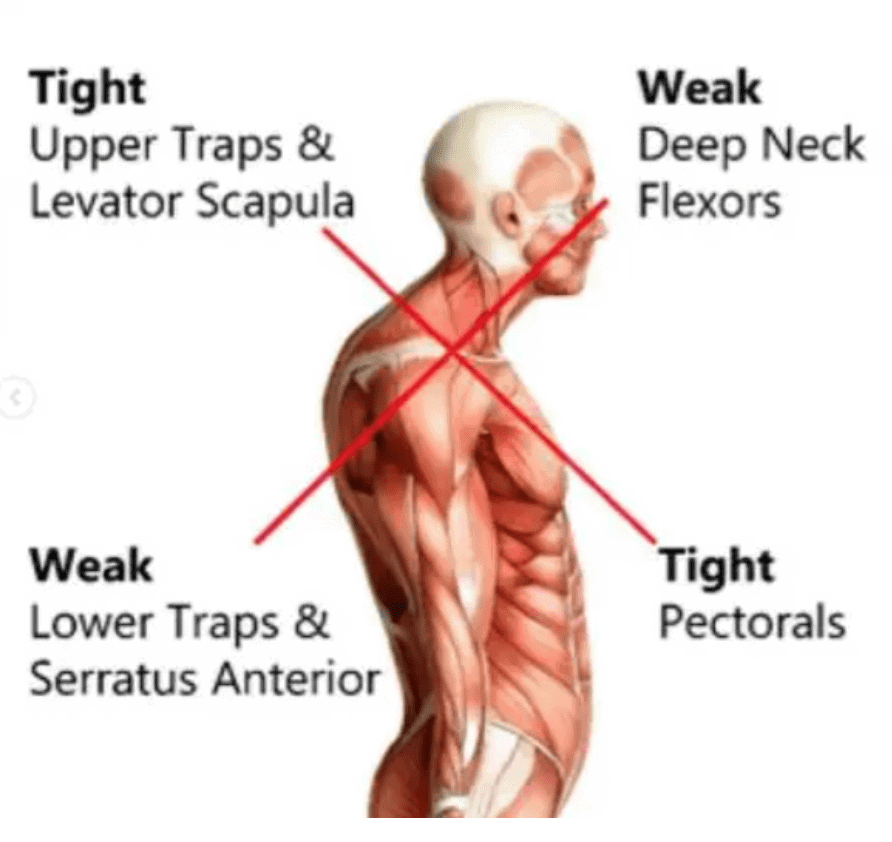


It’s not uncommon for a patient to come into our offices with a complaint of popping, clicking or grinding, and none of the above pathologies are present. In these cases, the malpositions of the shoulder blade, upper arm bone, and collar bone can lead to increased contact between bones when they should not have any contact with each other. The reason these malpositions happen is commonly from muscle imbalances. A common pattern for muscle imbalance includes tight chest muscles, tight neck and trap muscles, but weak shoulder blade and neck stabilizing muscles. If our Regenexx physicians evaluate your clicking shoulder condition and find the cause to be biomechanical or muscle imbalances, they may refer you to physical therapy to work on correcting the imbalances to eliminate the stress on the joints within the shoulder girdle.
The Takeaway? There are several reasons why your shoulder may be clicking, but an experienced clinician would be able to perform testing to identify the route cause and suggest the best course of treatment fo your injury.
If any of these conditions sound like something that you are dealing with and you’re concerned about popping sounds, lingering shoulder pain, or other injury, we would love the opportunity to evaluate your shoulder and make a recommendation on what the best course of treatment could be.
References:
- https://www.orangeorthonj.com/blog/why-you-shouldnt-ignore-that-popping-sound-in-your-shoulder
- https://www.stevennolanmd.com/blog/why-you-should-never-ignore-that-popping-sound-in-your-shoulder
